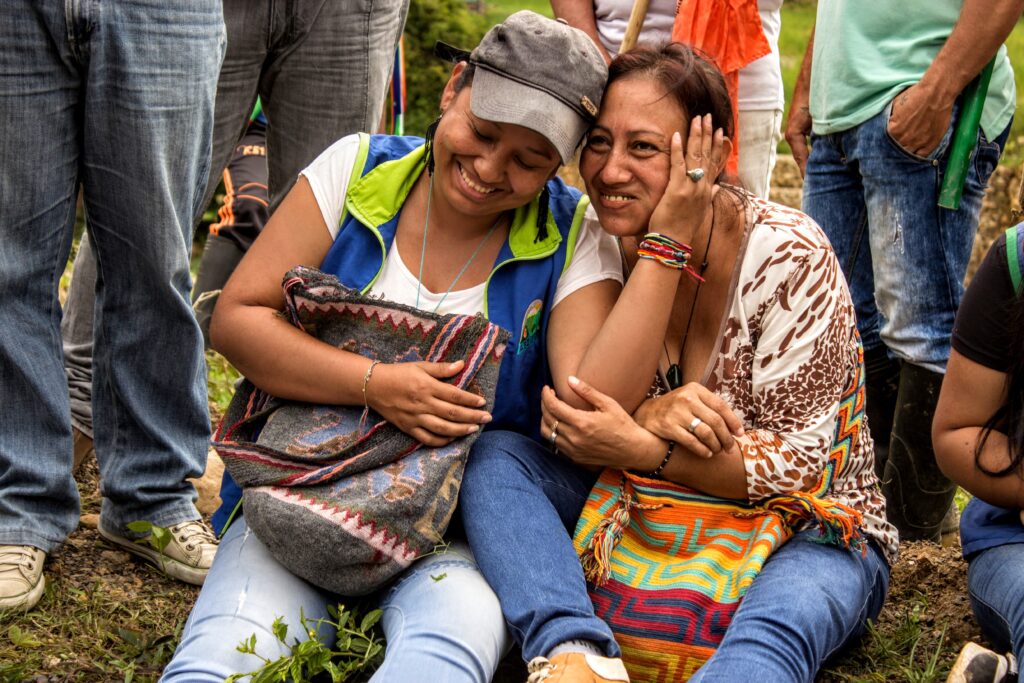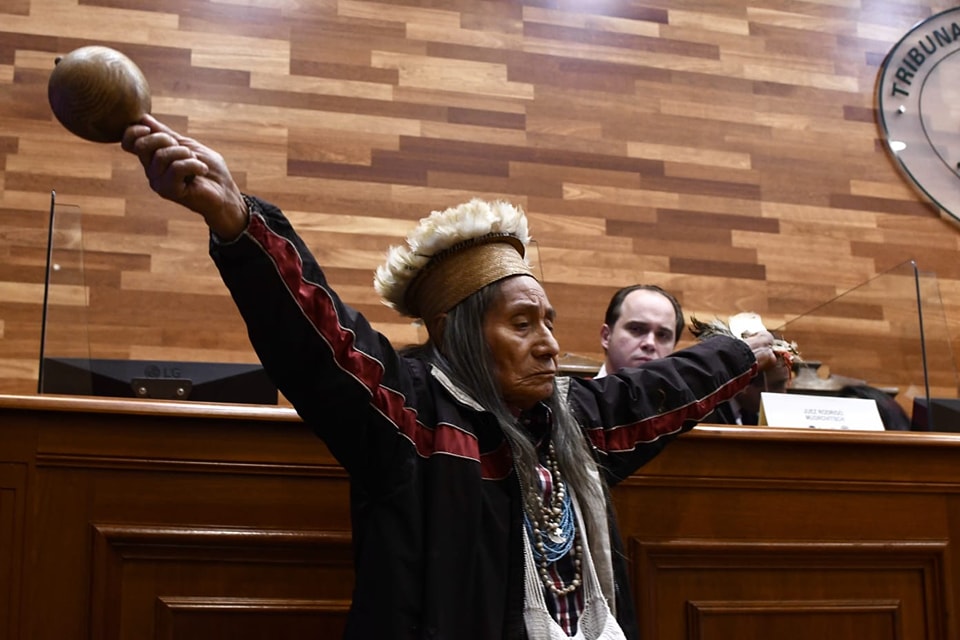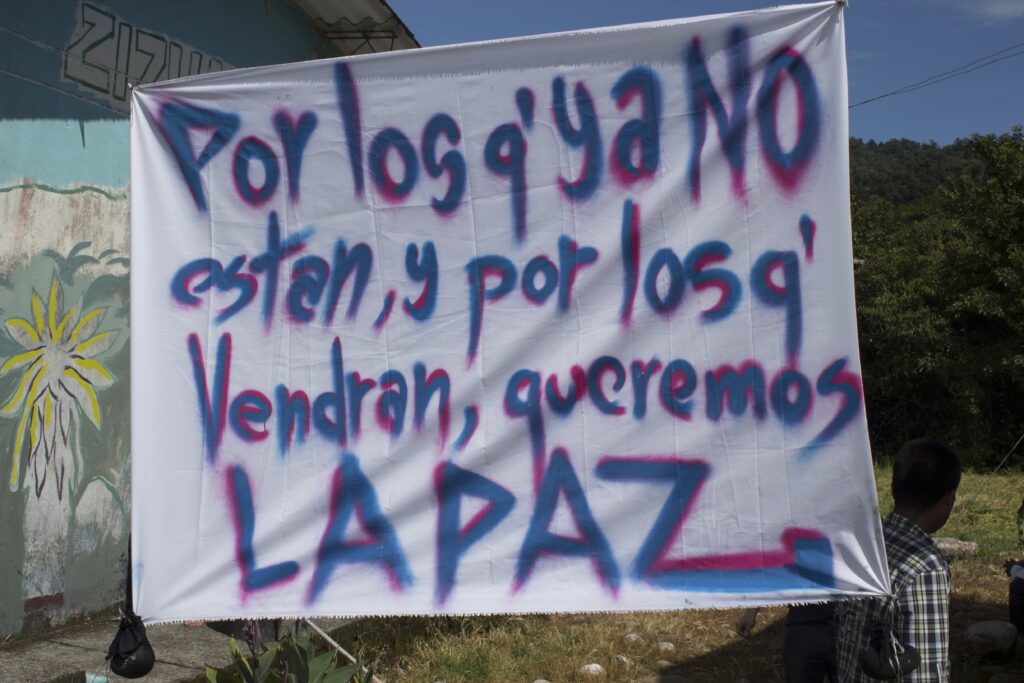When we talk about environmental protection, Indigenous sovereignty, land rights, corporate greed, and the failures of government to protect human rights, we must talk about the U’wa people. The U’wa Nation is an Indigenous people living in northeast Colombia. For more than 30 years, powerful corporations have signed deals with the Colombian government to extract oil from the subsoil of the U’wa’s land, violating their territorial and cultural rights.
Not only does the continued exploitation of fossil fuels destroy our climate, but it is also a direct assault on the culture of the U’wa. For the U’wa, oil, gas, coal, and other minerals are sacred. The U’wa believe that as “Guardians of Mother Earth and Life,” they must maintain the balance between the sky, earth, and subsoil, all of which are incredibly sacred. The U’wa’s culture and spirituality are interlinked with the sky, land, and subsoil. Extracting those sacred minerals will poison their water, rupture their ecosystems, unravel their culture, and lead to species extinction, including humans.
Daris, a mother of five, is one of the oldest members and leaders of the U’wa Nation. Daris has paved the way for other U’wa women leading in her community. For as long as she can remember, she’s fought alongside her people to defend their land against destructive oil extraction. Through these obstacles, however, Daris has also taught her children from a young age that they come from a berraca (courageous) community.

Although the U’wa staunchly reject extractive projects in their ancestral territory, the Colombian state approved the exploration and extraction of oil, gas, coal, and other minerals without recognizing or respecting the rights of the Nation, despite recognizing them as a vulnerable group. After decades of the Colombian government ignoring and disrespecting their rights, the U’wa have turned to the international community for help securing justice and reparations for years of dispossession and violence.
This fight is known as la lucha milenaria, the struggle of the millennium. La lucha milenaria, however, has entered a critical phase. Earlier this year, supported by EarthRights, the U’wa took their case against the Colombian State to the Inter-American Court of Human Rights – the highest court in Latin America. After a lifetime of organizing against polluters, Daris took the stand as the first witness to give testimony in this landmark trial.

Together, EarthRights and the U’wa have reignited a case against the state of Colombia for violating the U’wa’s rights. We’ve worked with the Nation to develop a legal strategy that reflects their lived experiences as earth rights defenders, build international solidarity for the case, and set a precedent for all Indigenous Peoples in Latin America.
Daris and the U’wa Nation will continue challenging fossil fuel companies, defending their land, and asserting their autonomy. EarthRights upholds longstanding commitments to the communities we work with. We will continue fighting alongside the U’wa people, thanks to the support of our global community of defenders, litigators, and supporters.
EarthRights and the U’wa Nation are grateful for the respect and support of our global community and honor those who lost their lives in the fight for Indigenous rights. Thank you so much for fighting alongside the U’wa Nation.


What can you do?
We need your help. The U’wa want their situation known worldwide. It’s time for the Colombian government to accept accountability for siding with extractive corporations over Indigenous people.
1. Follow and share the social media accounts for the U’wa:
2. Donate to EarthRights to support defenders with litigation, campaigning, and training programs.
3. Share this story with your networks, and ask folks to join you in sharing the story of the U’wa on social media. Thank you!






